According to the presidential decree signed by Trump, approval for the sale will be contingent on the US government being granted a “golden share” and a total investment of $11 billion by 2028. According to a report in the Financial Times, with these conditions in place, it was assessed that national security risks had been “sufficiently mitigated.”
Biden blocked it, Trump brought it back to the table
Nippon Steel's acquisition attempt was rejected during former President Joe Biden's term on national security grounds. However, Trump tasked the Committee on Foreign Investment in the United States (CFIUS), which is affiliated with the Treasury Department, to reevaluate the deal at the beginning of his second term.
“Support for a historic partnership” message
In a joint statement, the parties said, “We thank President Trump and his administration for their bold leadership and strong support for our historic partnership.” The approval of the acquisition also provided Nippon Steel with an important guarantee by eliminating the risk of a $565 million termination indemnity.
A new era in US-Japan relations
The agreement also had a positive impact on economic relations between the two countries. The Trump administration had increased pressure on Tokyo for a more comprehensive trade agreement by threatening high tariffs on Japanese automobiles and other products. This development indicates that Japan has adopted a strategic approach by increasing production in the US.
Emphasis on domestic production and employment
While it was noted that the US government prevented Nippon Steel from gaining full control over US Steel through its “golden share” application, Trump's decision in June to raise tariffs on steel and aluminum imports to 50 percent also paved the way for domestic production. Nippon Steel and US Steel claim that the merger will secure 100,000 jobs.


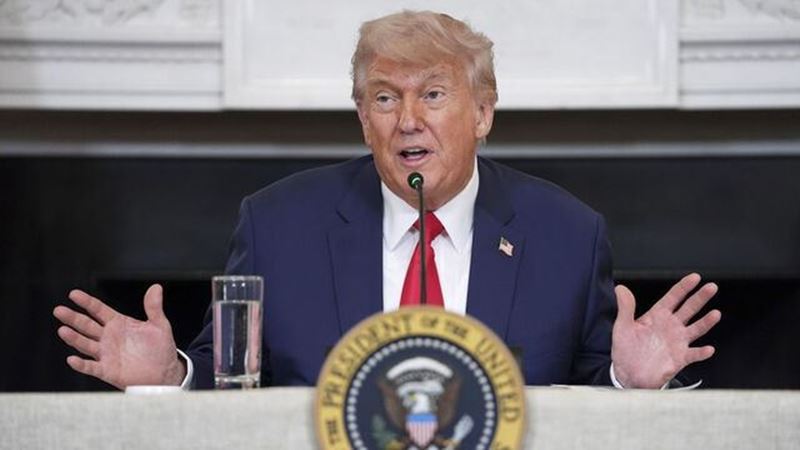

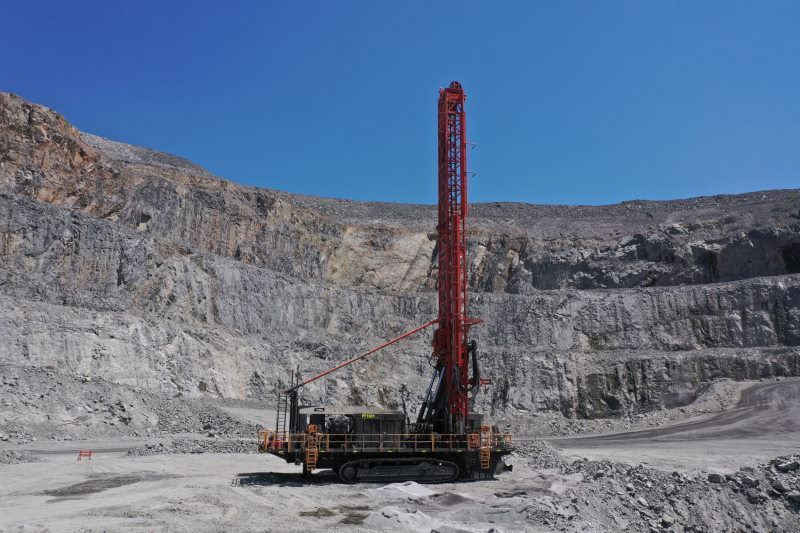
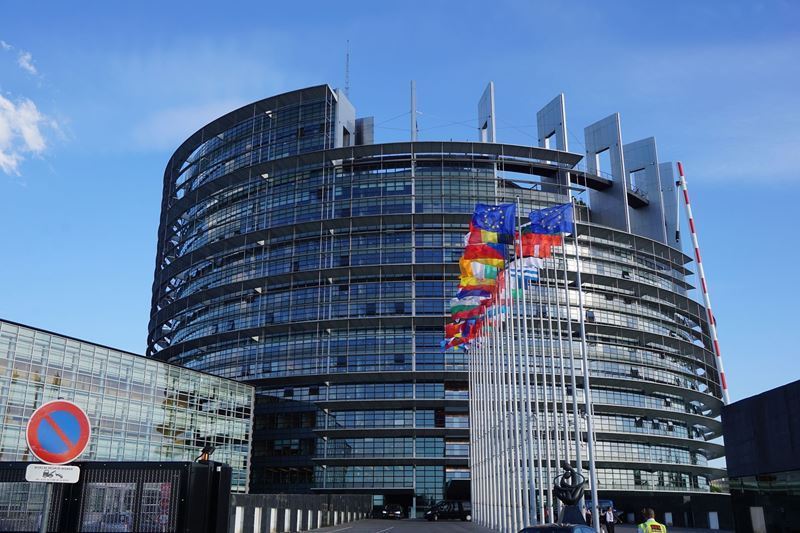
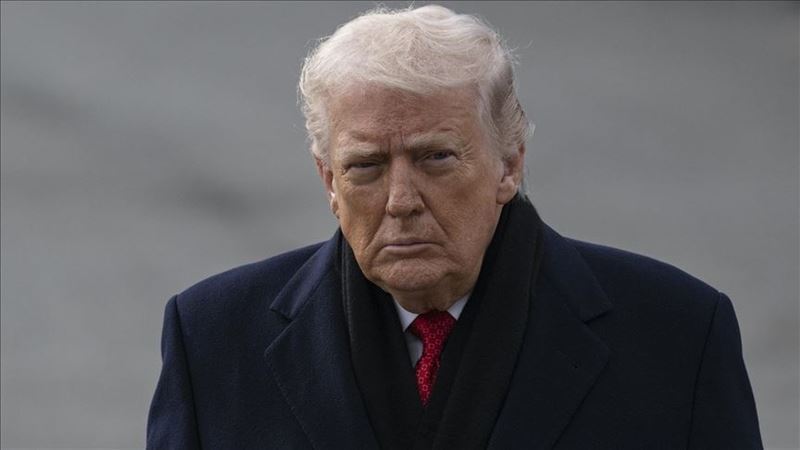
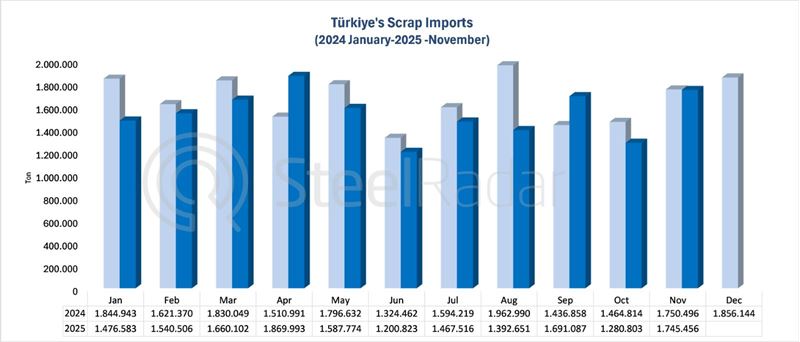


Comments
No comment yet.